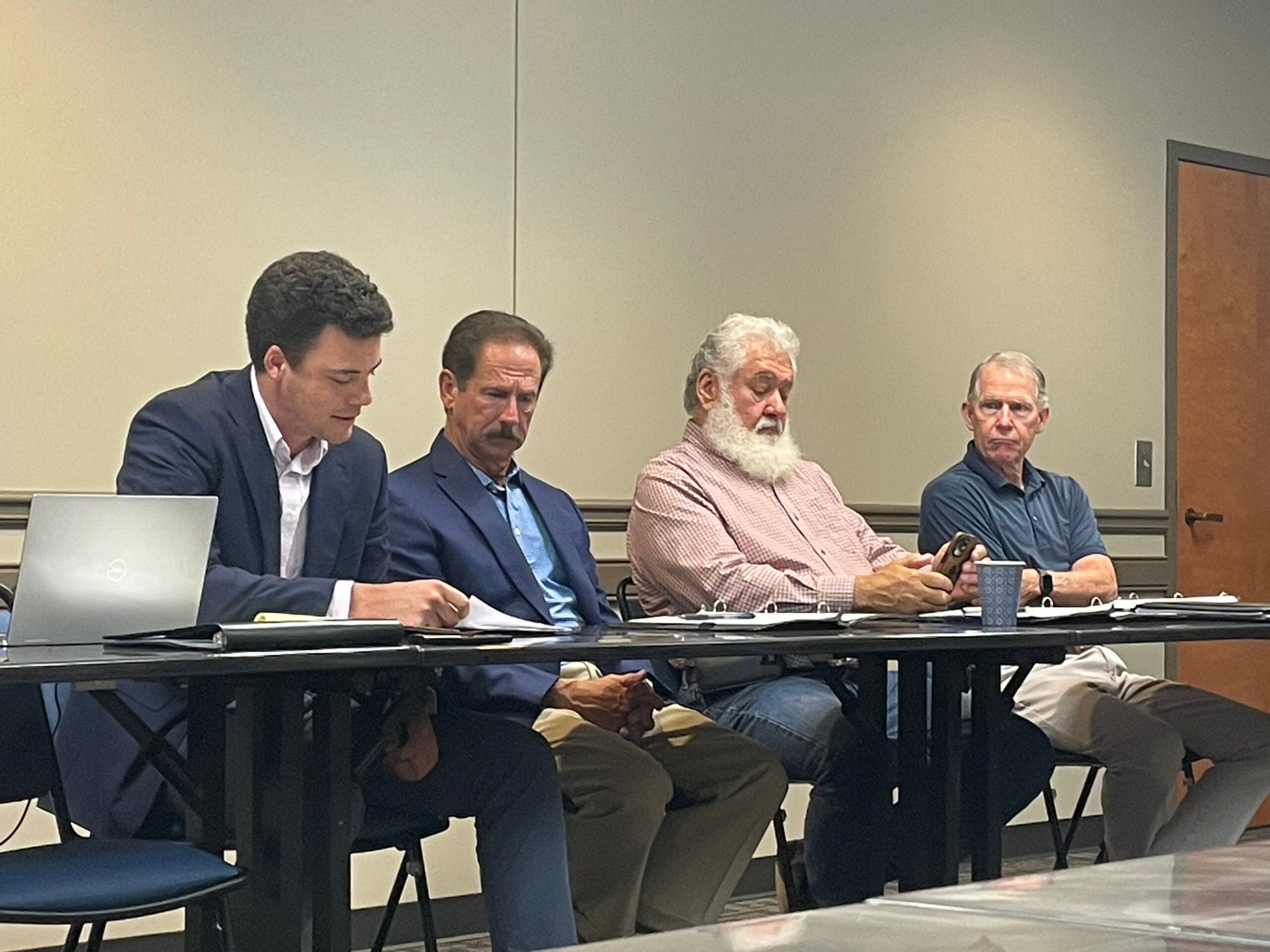During its monthly meeting, Wednesday morning, the Economic Development Authority of Columbia County (EDACC) discussed forging connections between industry and education to both foster workforce development and draw more interest from businesses.
Stuart Hilsman, while presenting his monthly project update to the EDACC board of directors, mentioned that the Columbia County School District held its first Career, Technical and Agricultural Education (CTAE) Advisory Committee meeting for the year, in which it gave a broad overview of its pathway programs.
For each of its pathways — “whether in law enforcement or welding,” Hilsman noted — students must take three courses, the last of which would culminate in industry certification that would enable high school graduates to enter the workforce.
“What they’re trying to look at is bridging the gap between the school curriculum and then the industry standards and skills,” said Hilsman to the board. “So it’s imperative that those representatives from those companies in these programs are there to meet with some of the teachers and advisors and make sure that the skill set that they need in their workforce is being met within the curriculum of the schools.”
Project manager Anita Patel would later mention that the SRS Community Reuse Organization (SRSCRO, or CRO), has annual workforce development funds that EDACC has until the year’s end to use. SRSCRO is a nonprofit organization, the president and CEO of which is former EDACC director Robbie Benett, that promotes economic growth throughout the CSRA.
Board member Rick Toole noted that CRO, while originally focused on the nuclear industry, recognizes the need for more skilled workers in many industries, and that facilitating that kind of development through school districts would prove challenging because of how much would be involved.
Toole posited the possibility of representatives from CRO coming to the county to speak on “what the overall goal of that workforce development is, and how they’ve reached out to both industry and schools, from K through 12 to colleges throughout the southeast” to offer opportunities to students and get feedback from industries about the sort of skills they would be looking for.
Patel mentioned that during project visits, often with representatives from Augusta Tech present, industries ask, “What kind of training programs do you have, and what’s your talent pipeline?”
Board member Mark Herbert, of Herbert Homes, suggested that incubators, facilitated by the county’s CTAE program, would be a boon for prospective industries.
“We always look at land to encourage industry. Maybe we should look at the CTAE classes to encourage the people to work in those industries,” said Herbert. “That would really entice folks coming in to get more of our property if we got more kids in these classes.”
While these possibilities took up a significant portion of the meeting, there was mention of that director Cheney Eldridge is working with the county to develop new zoning classification for data centers, an initiative announced by Board of Commissioner Chairman Doug Duncan during the BOC’s Sept. 16 meeting.
EDACC’s Appling property designated for White Oak’s data center expansion would likely be “grandfathered in” and not included in any new zoning classification, said EDACC board chair Rick Evans, though this is uncertain. The Board of Commissioners voted to rezone the property to S-1 this past May.
Skyler Q. Andrews is a staff reporter covering general reporting for The Augusta Press. Reach him at skyler@theaugustapress.com










